
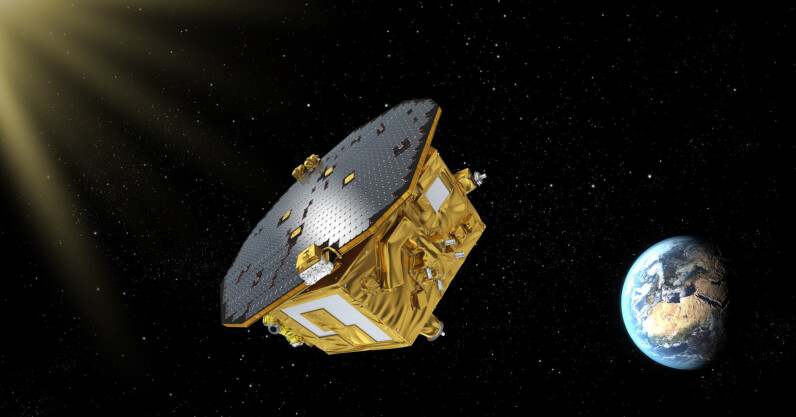
The European Space Agency (ESA) has approved the Laser Interferometer Space Antenna (LISA) mission, the first scientific endeavour to detect and study cosmic ripples from space. The launch of LISA is planned for 2035, on an Ariane 6 rocket. Th

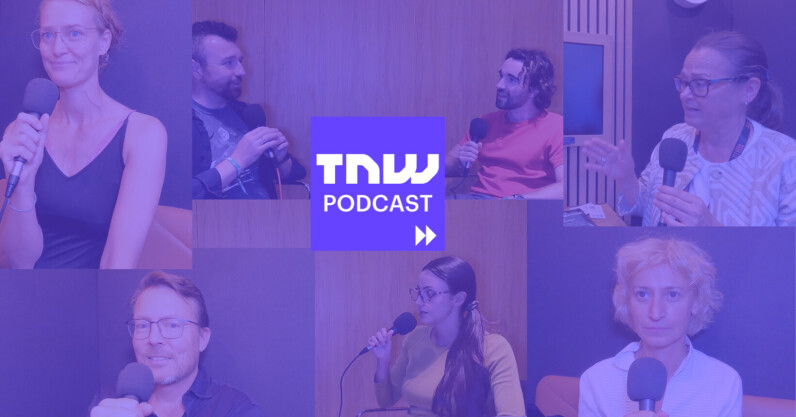
Welcome to the new episode of the TNW Podcast — the show where we discuss the latest developments in the European technology ecosystem and feature interviews with some of the most interesting people in the industry. In today’s episode, Andrii and Linnea talk a

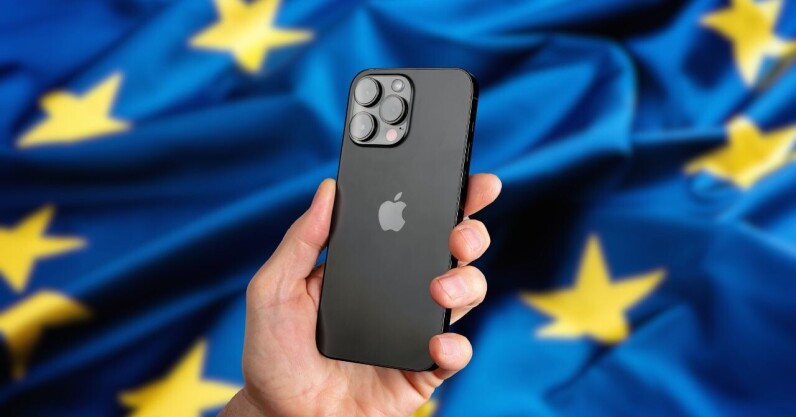
Apple will allow EU-based users of its devices to download apps without going through its app store, as the tech giant reluctantly moves to comply with the bloc’s incoming Digital Markets Act (DMA). Apple will also give iPhone and iPad users a range o


Britain’s aviation regulator is investigating “vertiport” designs as part of plans to bring flying taxis to the UK. The new consultation will lay the foundations for vertical takeoff and landing (VTOL) aircraft, the Civil Aviation Authority (CAA) said on Wedn

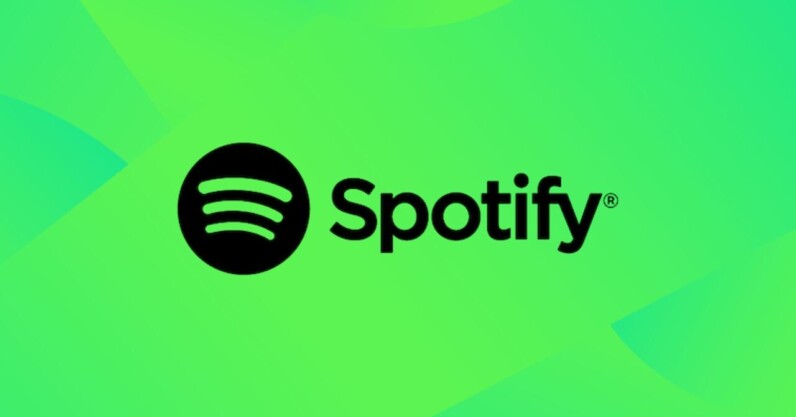
If you’re an iPhone user in the EU, you could soon get to buy audiobooks and subscriptions from within the Spotify app. The reason? A new EU antitrust regulation that targets big tech. Known as the Digital Markets Act (DMA), the law designates companies as “g

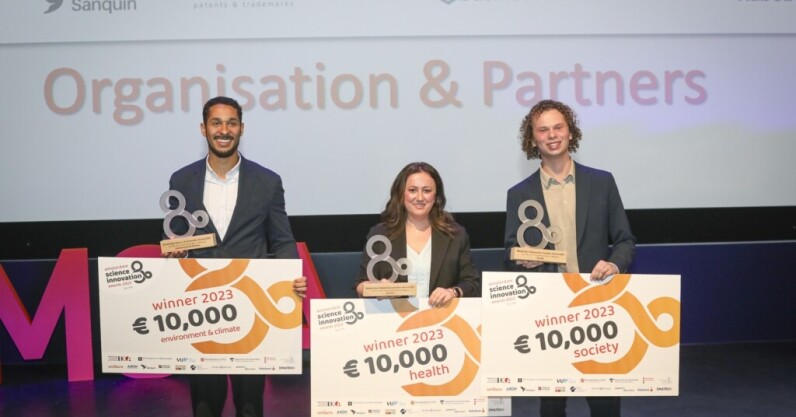
Towards the end of last year, the winners of the 16th edition of the Amsterdam Science & Innovation Awards (AmSIA) were announced at the NEMO Science Museum. This competition — hosted by the Innovation Exchange Amsterdam (IXA) — highlights three innovative id

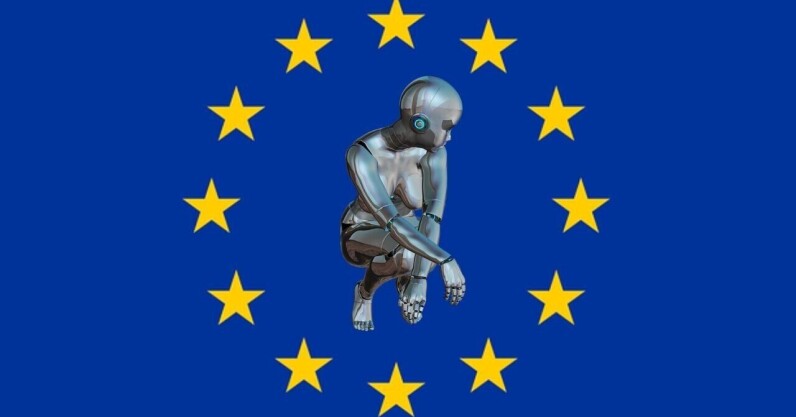
A leak of the EU’s AI Act removes doubts about its adoption, but critics fear that the plans will inhibit innovation. All 892 pages of the final version were published on Monday by Euractiv tech editor Luca Bertuzzi, while a consolidated version that runs a m

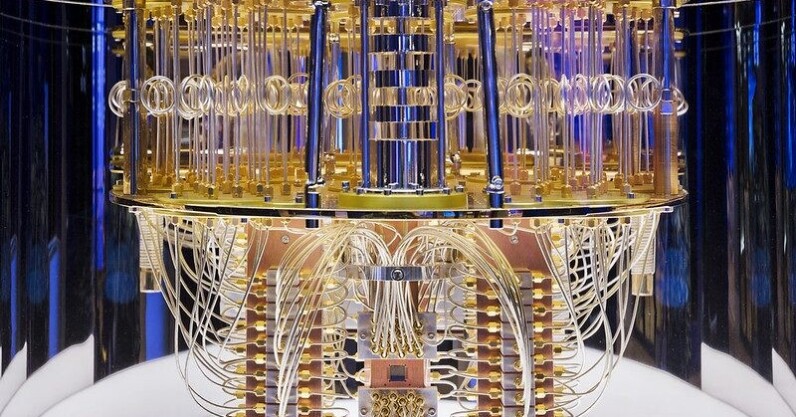
UK startup Phasecraft has developed an algorithm that brings the promise of quantum computers’ potential to reveal new materials and their properties much closer to realisation. Due to their ability to simulate multiple complex quantum sy

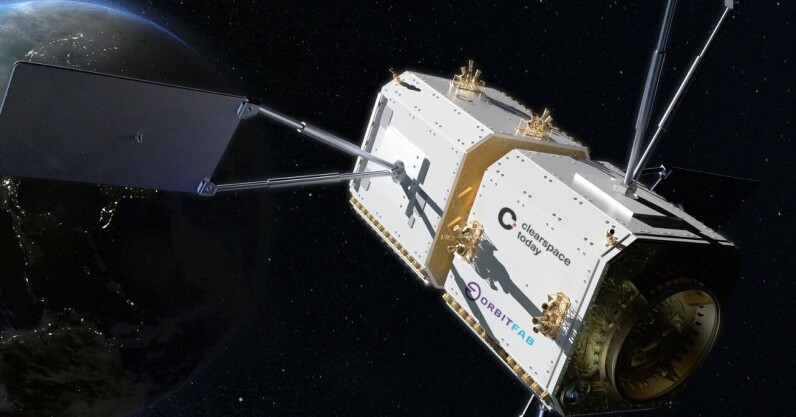
Swiss startup ClearSpace has unveiled its latest project to make space exploration sustainable: an orbital refuelling service. The company is collaborating with the US-based Orbit Fab on the mission. Under the plans, the duo will combine a ClearSpace shuttle


AI-generated malware that avoids detection could already be available to nation states, according to the UK’s cybersecurity agency. To produce such powerful software, threat actors need to train an AI model on “quality exploit data,” the National Cyber Security


